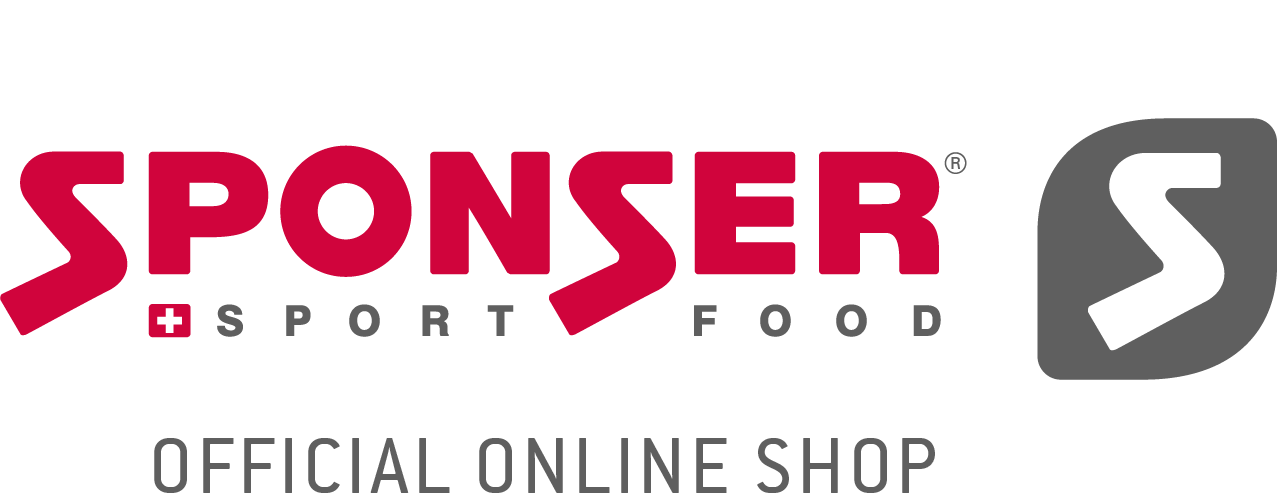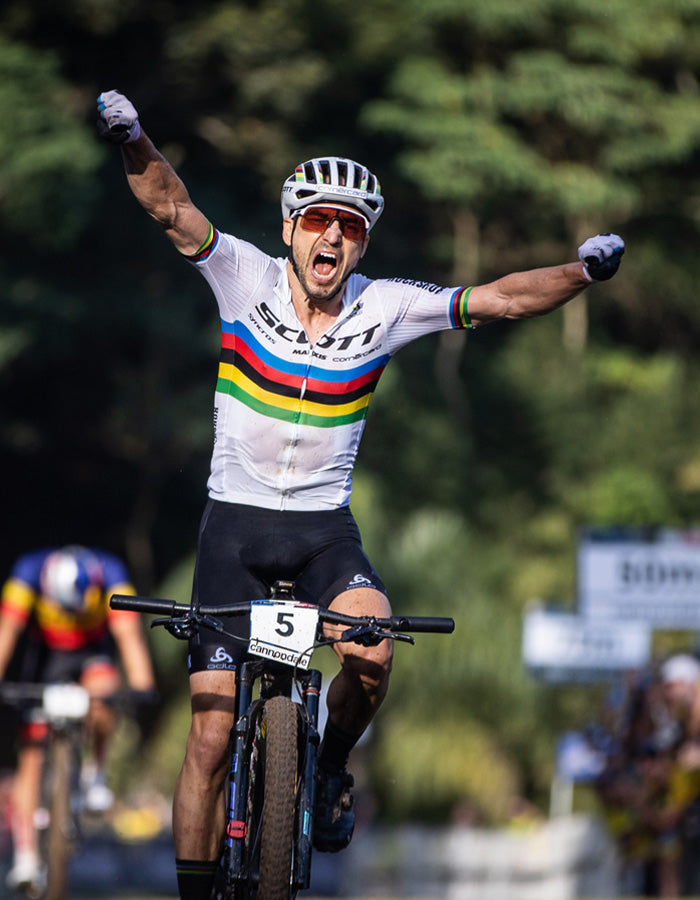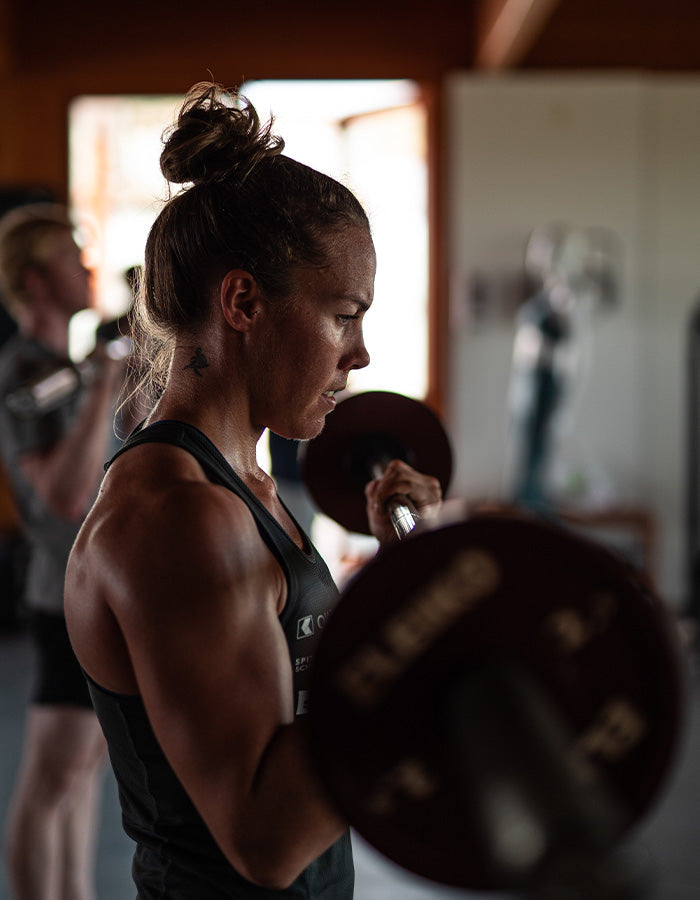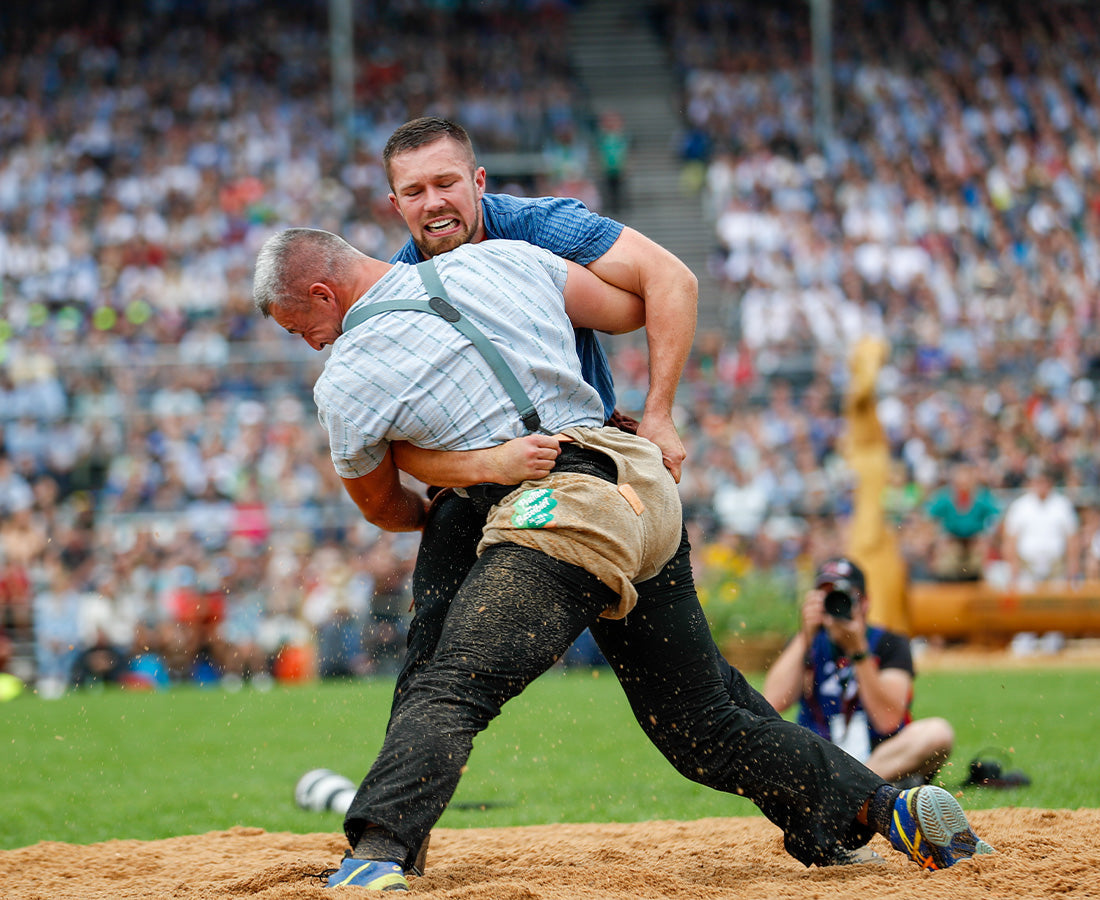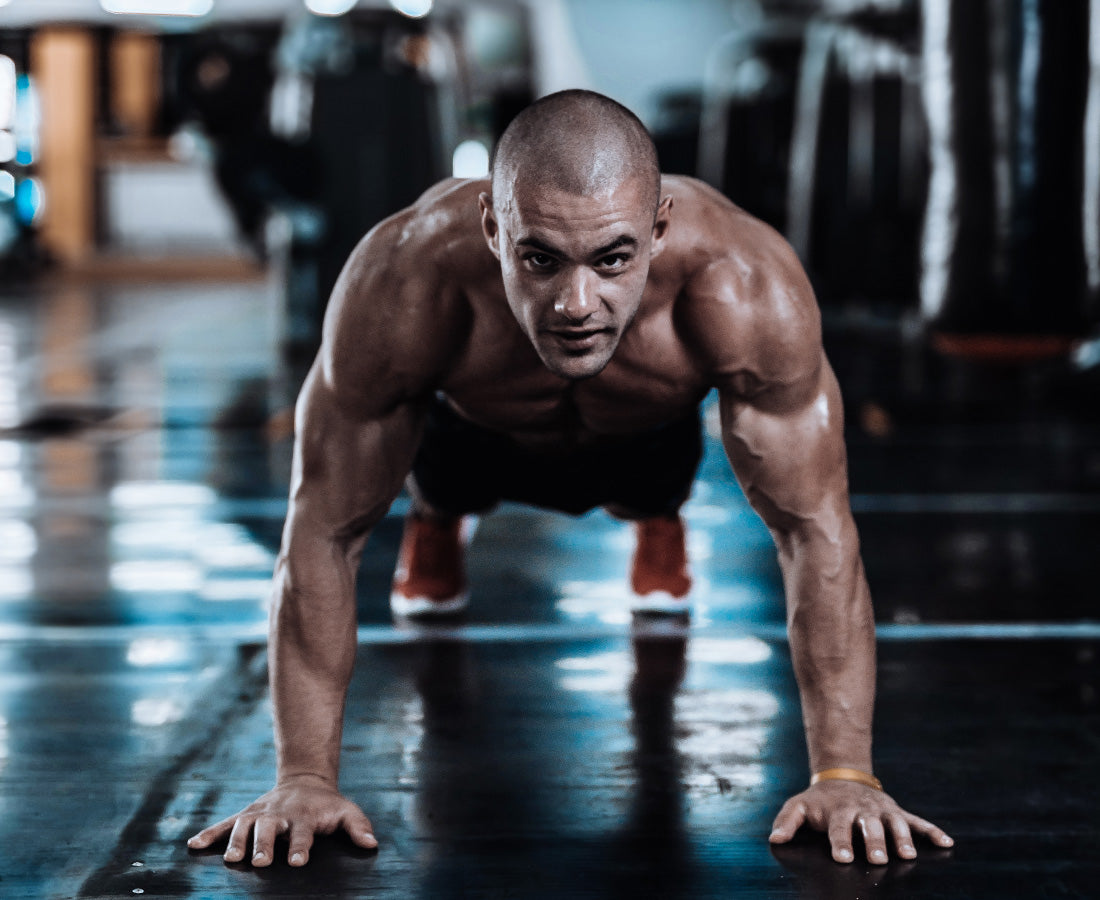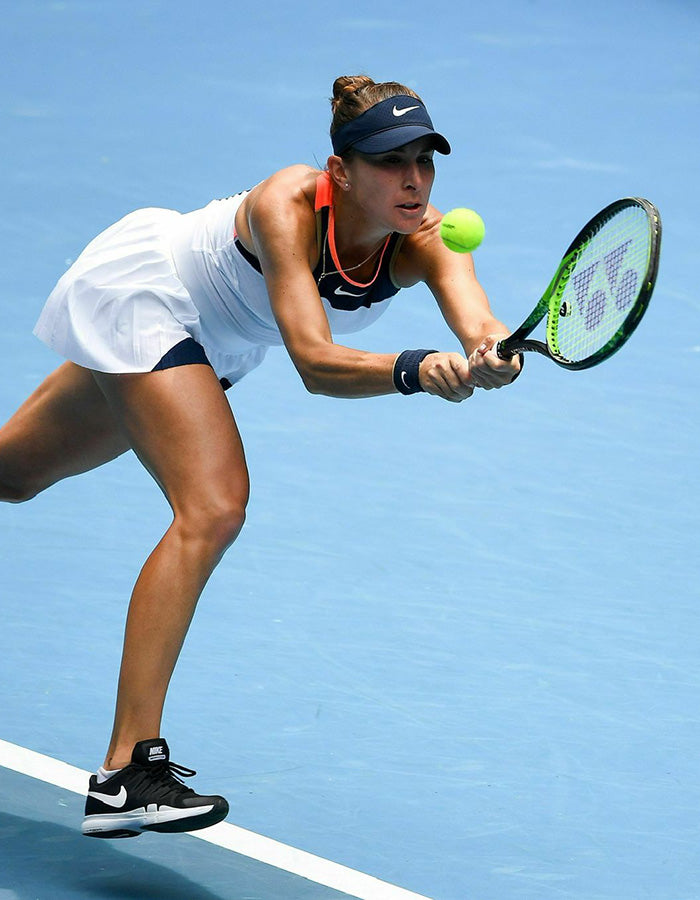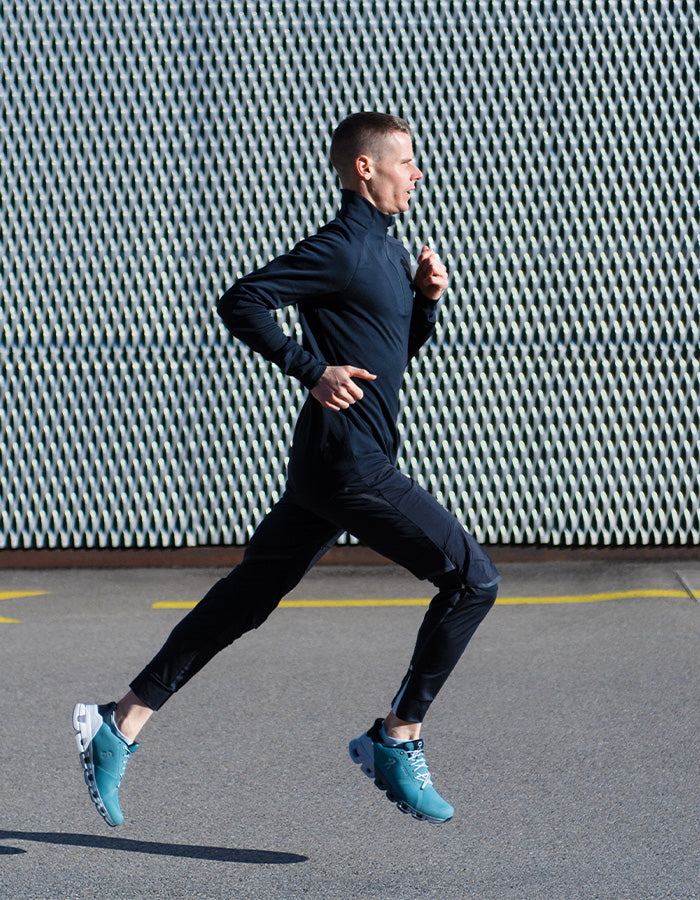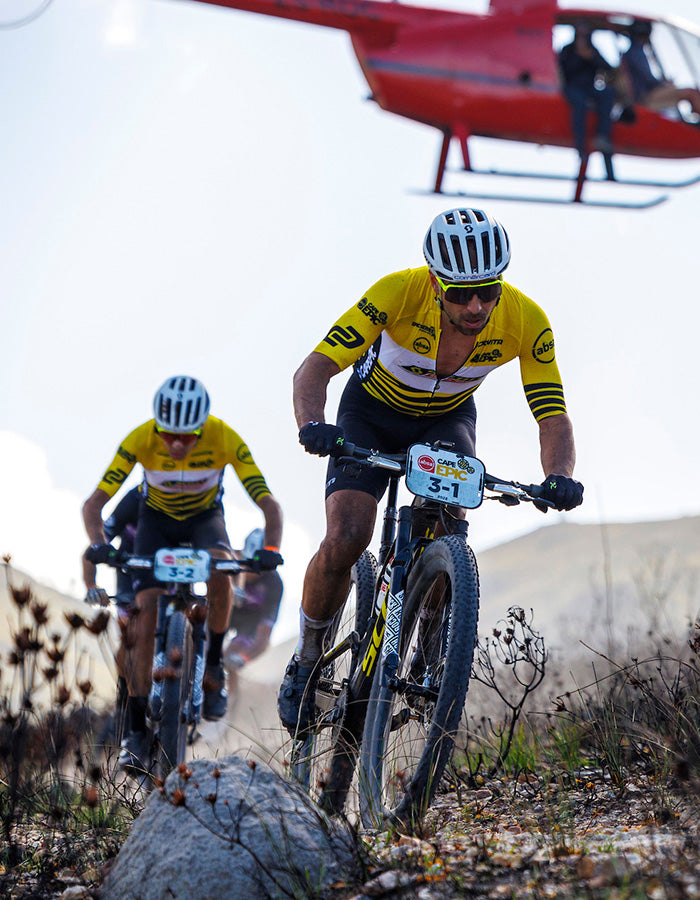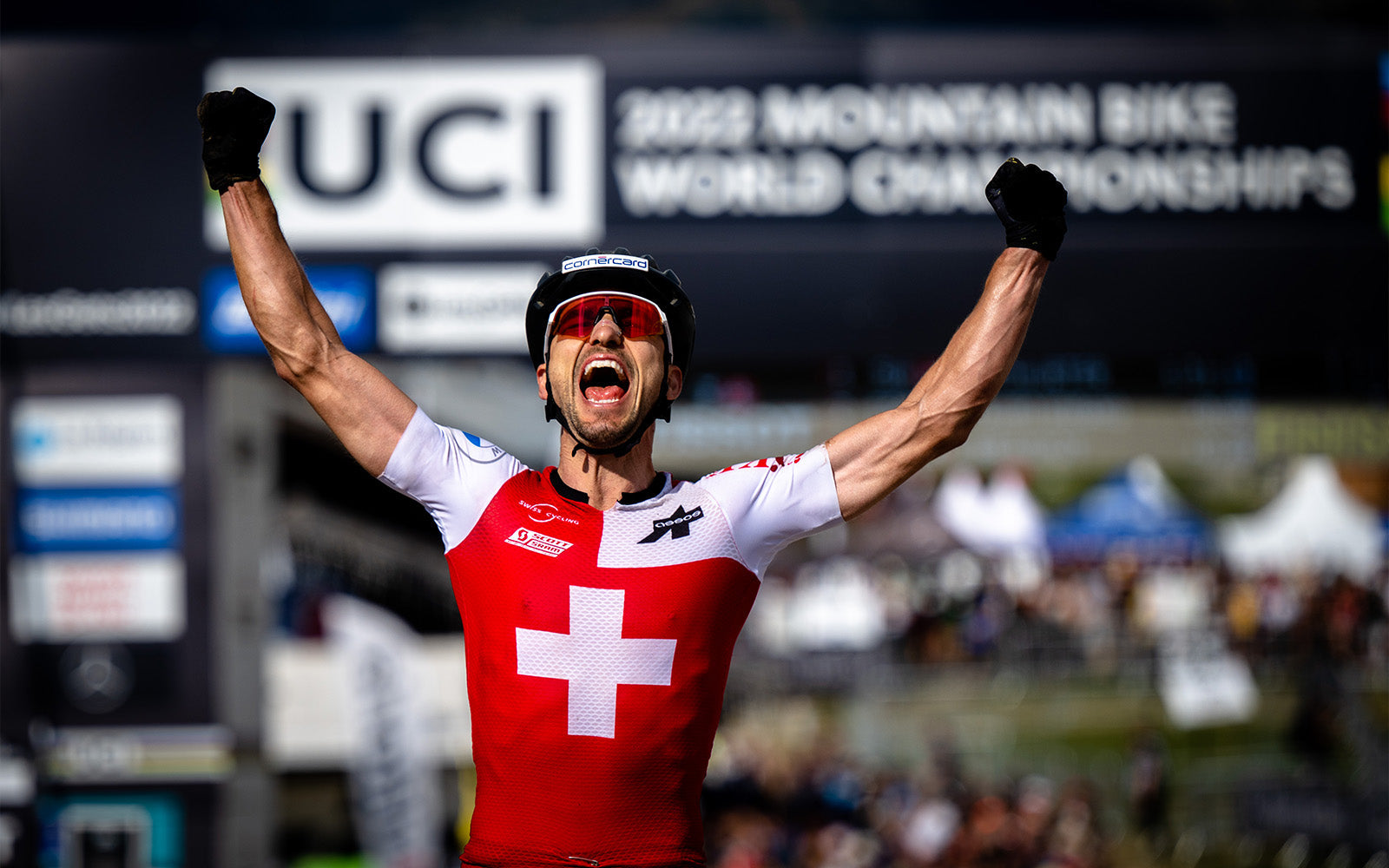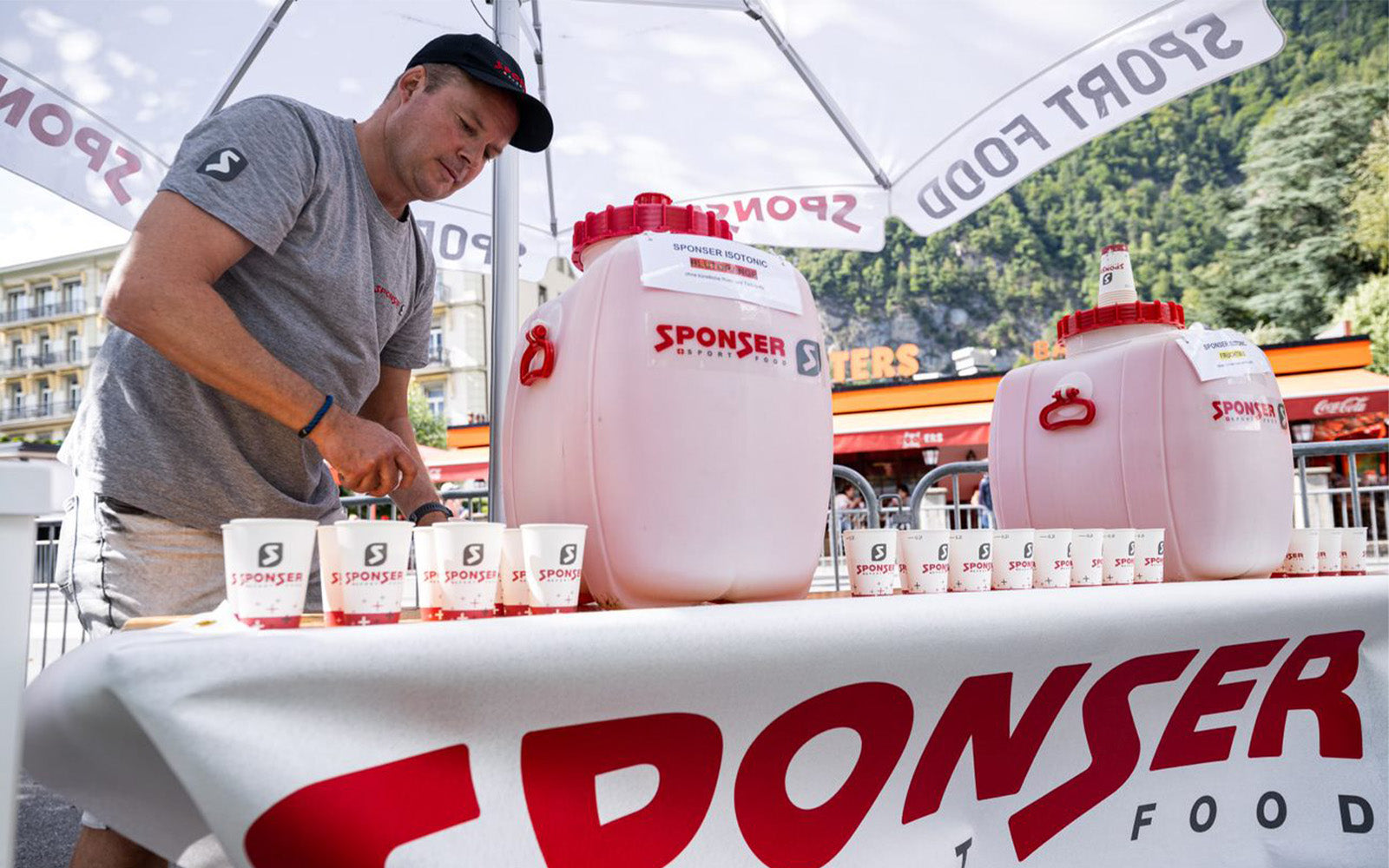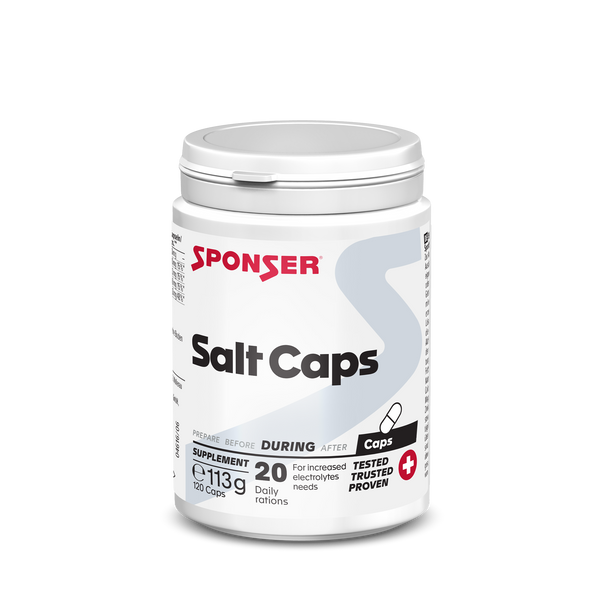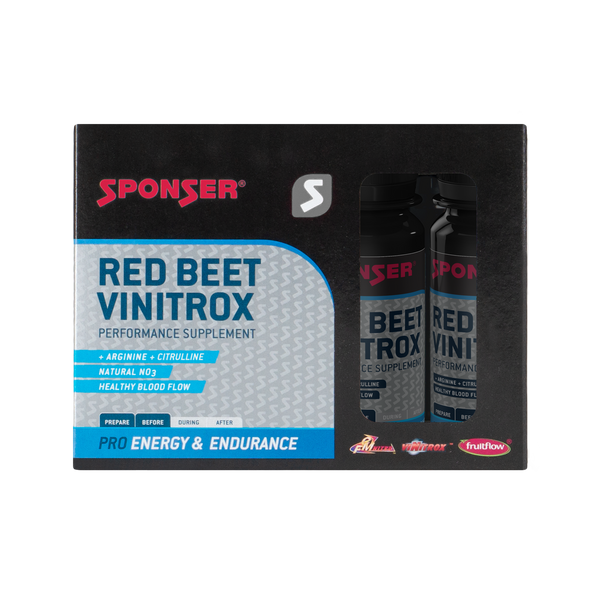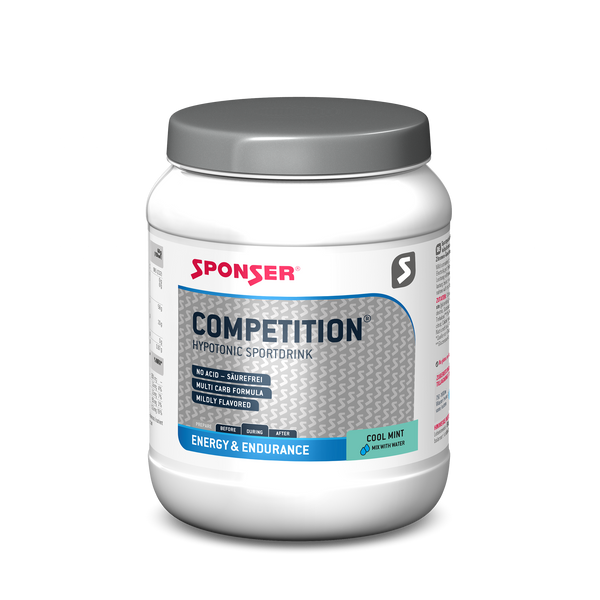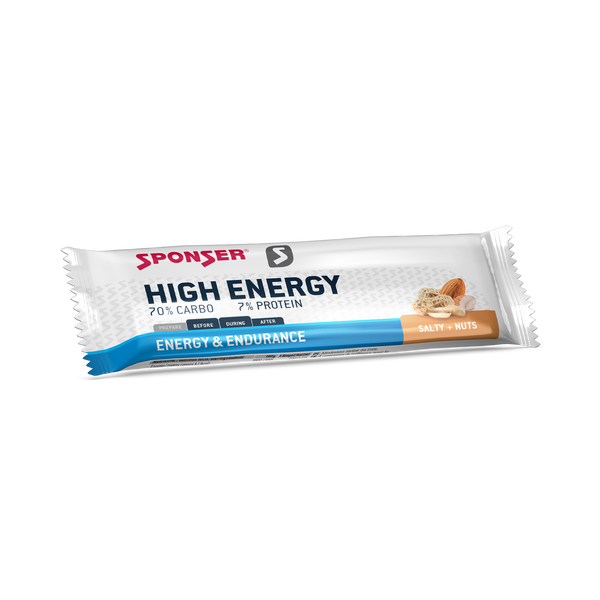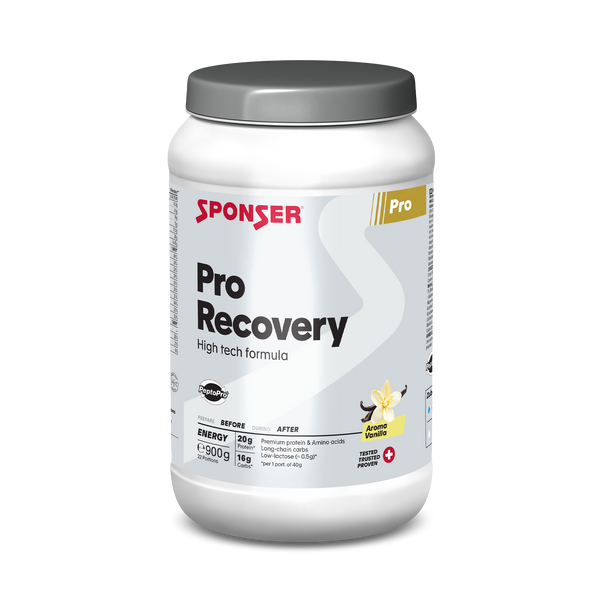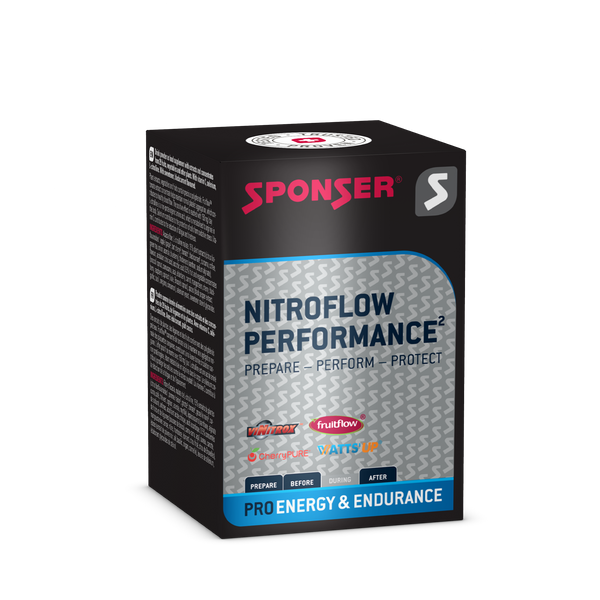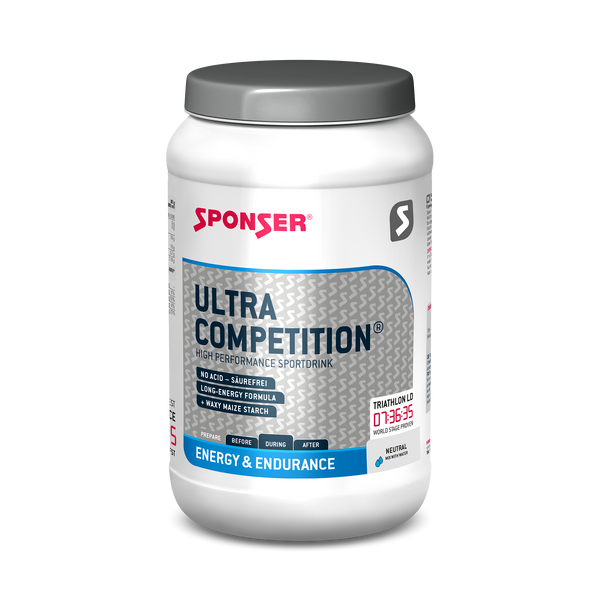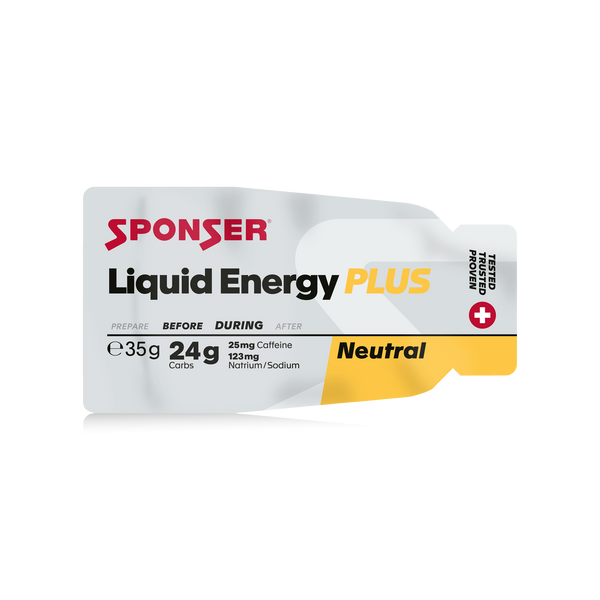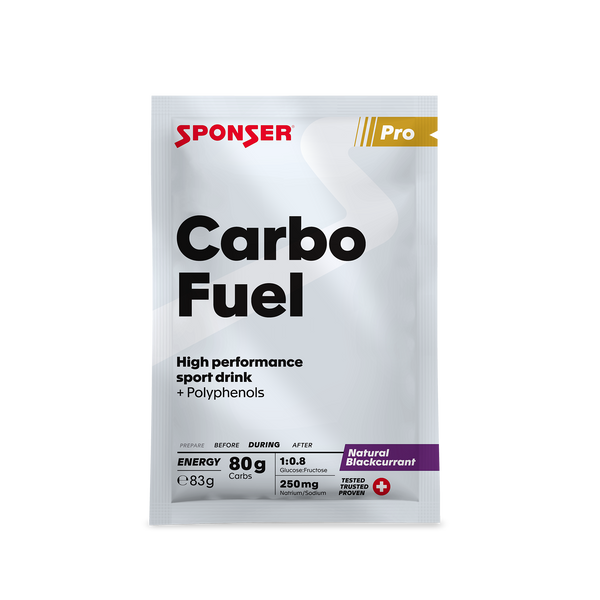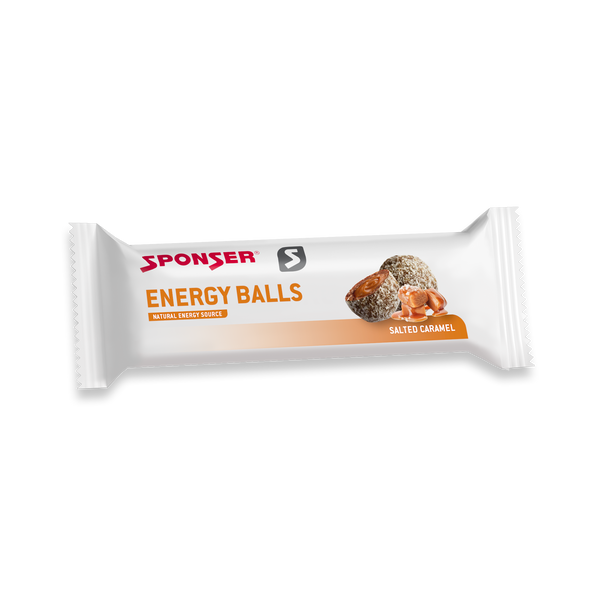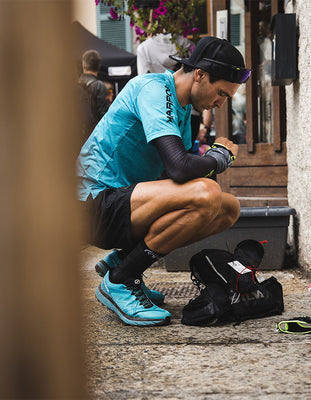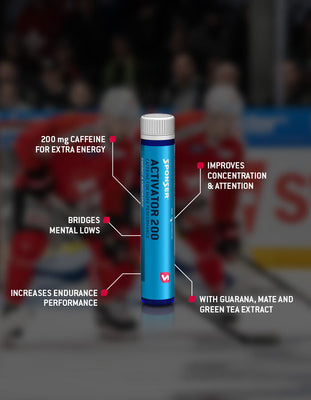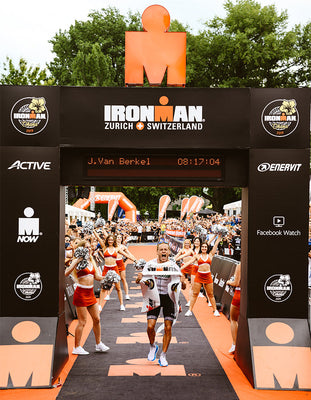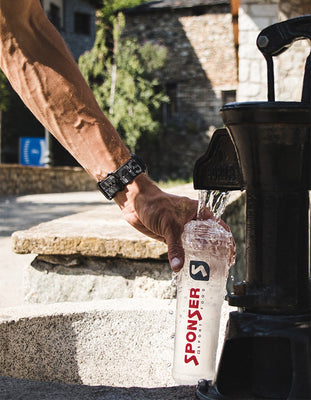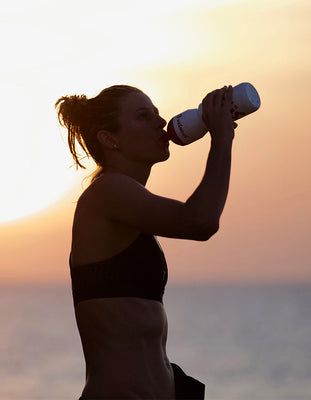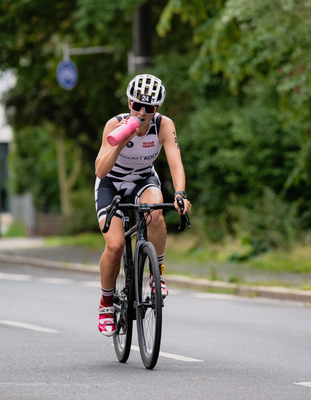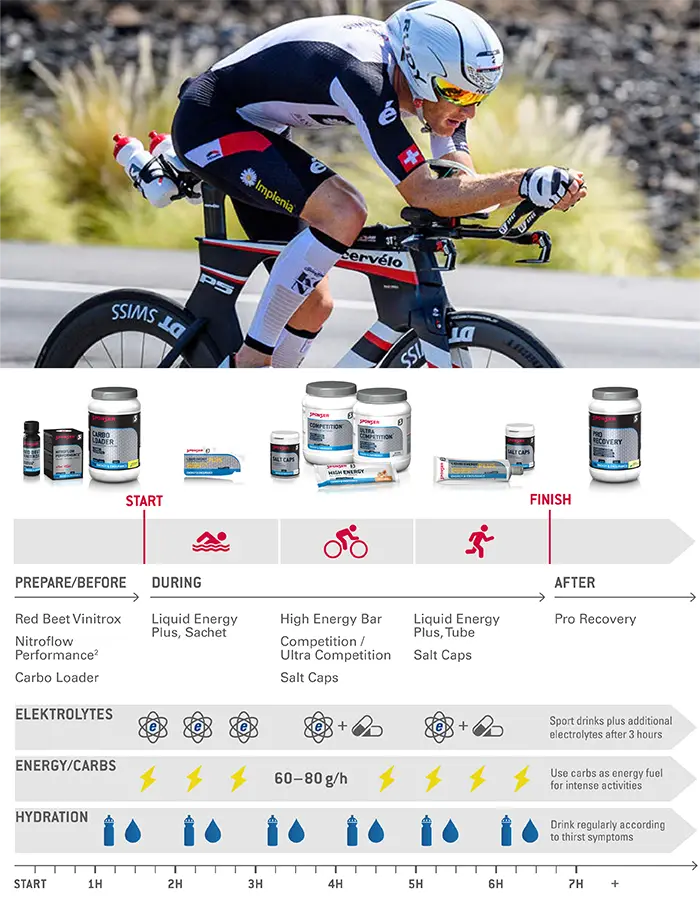
Photo credit: Michael Rauschendorfer ZVG Ruedi Wild
Ruedi Wild about his nutrition strategy in middle distance / Ironman 70.3 events
My specific nutrition preparation for middle distance races already starts with 4 days to go. From then on I daily have a shot of RED BEET VINITROX. This red beet concentrate delivers nitrate polyphenols and special proteins, all in order to increase the production of nitrogen oxide as well as blood flow. This effect has been scientifically proven in many studies and is widely known in professional endurance sports. As I have a sensitive stomach, I always dilute the concentrate (which corresponds to about half a litre of high-quality red beet juice) with water, same as creating a fruit juice. Especially important on race day, when I have my last shot with breakfast, about 3 h pre-race start. The ideal combination is NITROFLOW PERFORMANCE, taken for 4 days as well, which acts in a similar way and further increases the nitrogen oxide.
On pre-race day, I am focusing on carbo loading without overeating and feeling heavy due to all the amounts of pasta which I used to eat in the past. CARBO LOADER as a high energy dense, carbo electrolyte solution suits me well this way. I take a portion four times a day, always post meal plus before going to bed. The drink comes without fructose which is a major ingredient of practically all soft and sport drinks available nowadays. This in the past has caused me gastrointestinal problems in the races so many times without being aware of the cause. Also important to me, for the same reason, is to avoid fibres in my nutrition. So I stay away from salads or vegetables which usually represent a big part of my daily nutrition.
Comes race day, I have a portion of LIQUID ENERGY PLUS just before the swim start to ensure energy input throughout the first leg. Once on the bike, I mainly rely on sport drinks COMPETITION and ULTRA COMPETITION, mostly a mix of the two. This mildly flavoured sport drink is free of acid and consists of a wide range of various carb sources, therefore perfectly tolerable to my sensitive stomach while at the same time delivering long lasting energy and electrolytes. This carbo – electrolyte solution improves the absorption of water and thus contributes to maintain the performance over extended periods of exercise. Depending on conditions (weather and temperature), I take an additional 1-2 salt caps per hour either orally or diluted in the aero bottle to cover the additional needs of electrolytes, mainly salt/sodium. If there are downhill sections where I can relax for a bit and do not have to breath too intensively, I like to mix up my nutrition with some solid food, such as HIGH ENERGY BARS. My personal favourite is the salty one that gives a bit of a salty touch.
During the run, the stomach is most sensitive because of moving all the time, so it is important not to mix everything together once running through an aid station. I try to keep it simple and rely on GELS in order to cover my energy needs as well as SALT CAPS to make sure my hydration level stays fine. In detail I take roughly 1.5 gel tubes (70 g portion) per hour in smaller portions or a 30 g sachet portion every 20min, together with 1-2 SALT CAPS /hour, usually before entering the aid station.
The first few minutes post-race are crucial when it comes to recovery and giving back the body the right fuel, although I usually do not feel hungry at all. There are various carb sources widely available in the post-race area, such as fruits, drinks or even non-alcoholic beer for special occasions. My immediate focus however is on a high-quality protein source like PRO RECOVERY which to me is the best recovery product available in the market and I feel a huge difference going back to train the following days.
My recommendation is to test and potentially adjust your race nutrition in your key session, according to your own needs. This gives you the best chance to be successful in your race.
» Chart summarizing the main principles about triathlon nutrition
Related articles
your sport
» triathlon
shop
» triathlon bundle
on
» race nutrition
on
» race preparation
on
» pro tip
on
» performance optimisation
Author: Ruedi Wild
Long-time Swiss professional triathlete, vice world champion in the triathlon long distance 2018, Olympic participant, two-time bronze medal winner Ironman 70.3 World Championships, multiple Swiss champion and much more.
